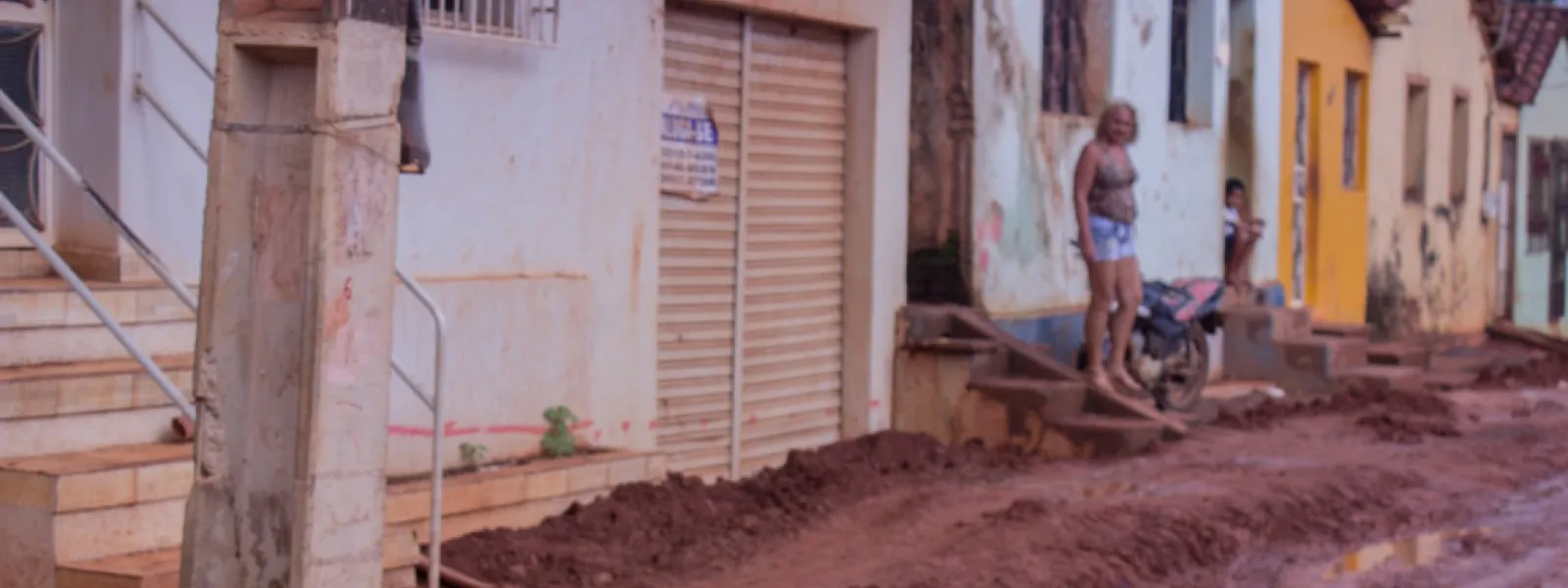
Project
Photo: Maíra Irigaray / Amazon WatchHolding Brazil accountable for the Belo Monte Dam
When fully operational, Belo Monte will be the third-largest dam in the world, constructed in one of the most important ecosystems on the planet: the Amazon rainforest. It sits on the Xingu River in Pará, a state in northern Brazil. The reservoir will cover 500 square kilometers of forest and farmland—an area the size of Chicago.
For the people of the Xingu, construction of Belo Monte has meant loss of access to water, food, housing, work and transportation. At least 20,000 people have been displaced.
The government and construction consortium began to construct the dam without first consulting the people of the region, many of whom are indigenous. They flouted international human rights law, which requires the free, prior and informed consent of affected indigenous communities. Brazil also failed to comply with precautionary measures issued by the Inter-American Human Rights Commission, which were intended to protect the life, health, and integrity of local communities.
Though Belo Monte began operations in May 2016, it is not yet operating at full capacity. In April 2016, a federal court suspended the dam's operating license because the consortium in charge did not complete basic sanitation works in Altamira, the city nearest to and most affected by the dam.
Partners:
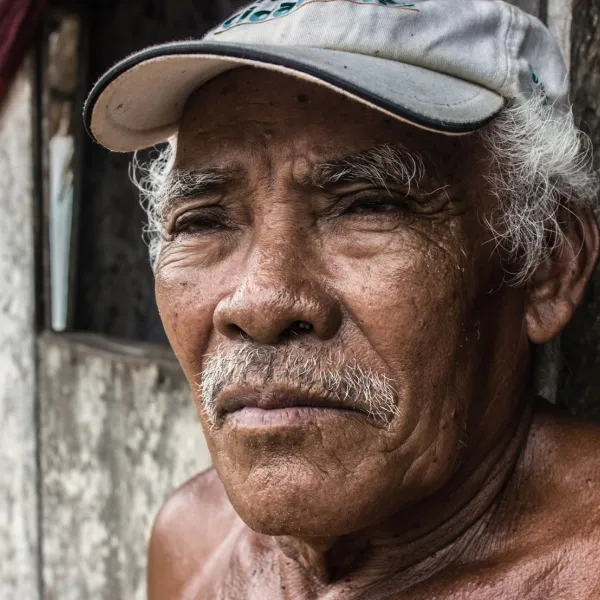
Related projects
Latest News
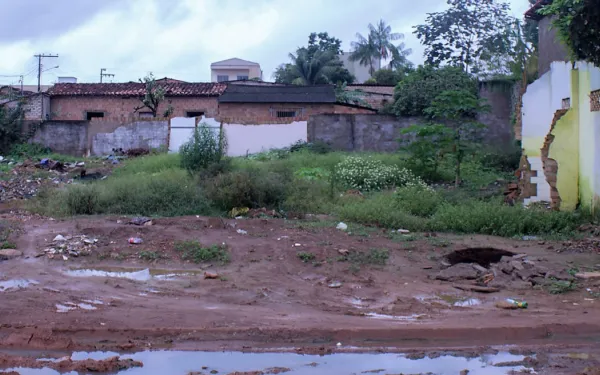
Belo Monte Dam must comply with conditions before continuing operations
Last week a federal court in Brazil suspended the operating license of the Belo Monte Dam. Prosecutors said the dam's operating company, Norte Energía, failed to complete basic sanitation works in the city of Altamira, which has been directly affected by the hydroelectric project. The decision comes in response to a legal appeal filed by the Federal Public Ministry. The sanitation work was a condition for the dam's licensing, authorized by the Brazilian Institute of Environmental Resources (IBAMA), and should have been completed before the reservoir was filled; it was not. "This is the first time that a federal court has suspended one of Belo Monte's suspensão de segurança, a legal tool that guarantees the dam's operation even though it hasn't completed the conditions required under its operating license. In practice, the decision means that the dam must immediately halt all operations, although the completion of pending work may continue," explained AIDA attorney Marcella Ribeiro. "Beyond being an issue of sanitation, this judgment represents an important step forward in the fight to force the operating company to adequately comply with the conditions necessary for the dam's operation, which favor affected communities." "We hope the Brazilian justice system continues to guarantee the protection of the rights of all those affected by the Belo Monte Dam.”
Read more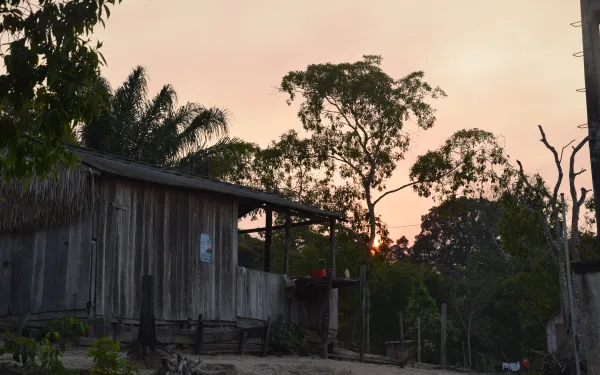
Meeting the Munduruku, sharing the lessons of Belo Monte
Beneath a thatched-roof hut along the Tapajós River, Munduruku people from communities across this region of pristine Amazon rainforest gathered for a general assembly. There were tribal elders and children, mothers and fathers, representatives from NGOs and government bodies. They came together to discuss problems, and to find solutions. They came to chart a course forward that would enable them to continue to live and grow in harmony with the natural world. October’s assembly was their first meeting since the announcement of the cancellation of the Tapajós Dam; its license was denied due to the severe environmental impacts it would cause. The rejection was a triumphant victory for the movement to protect Brazil’s Amazon, after years of disappointment and defeat caused by the nearby Belo Monte Dam. Yet, touting energy and economic gains, the Brazilian government plans to build dozens more large dams in the region. I was there because of Belo Monte: to share stories, strategies, and lessons learned from our advocacy for the people of the Xingú River who have been impacted by the dam. With me I brought a team from Climate Reality who produced a short documentary to share these stories with the world. While the fight for the people of the Xingú has been long, we remain committed to achieving justice for them. By taking their case before the Inter-American Commission on Human Rights, we intend to influence decision-making in Brazil and discourage the implementation of more large dams in the Amazon, including those planned for the Tapajós River basin. The devastation caused by Belo Monte has become a cautionary tale for neighboring tribes like the Munduruku. Because of the harm done to the people and life of the Xingú, the Munduruku understand exactly what they have to lose if the dam on the Tapajós were to happen. They would lose their homes, their sacred sites, and their connection to their ancestors. They would lose their river. Like the Xingú is to the Kayapo and Juruna people, the Tapajós is to the Munduruku. It is their highway and their supermarket; a sacred waterway, and a divine gift. They thank their gods for the bounty provided by their healthy jungle home, for the tinguejada (fish), and for all that the river gives them. It was an honor to be present to witness the strength and unity of the Munduruku people. It was humbling to join my voice with theirs. I hope that the voices of the Munduruku are heard. I hope their territory is respected, and the dam and other development projects stopped for good. And I hope the Brazilian government learns the lesson that countless indigenous people already have—large dams must stay out of the Amazon!
Read more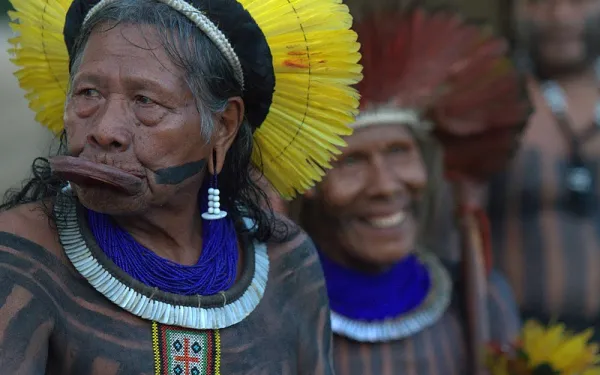
Belo Monte: Fueling Our Fight for Justice
By María José Veramendi Villa Even as the turbines of the Belo Monte Dam have begun turning, the fight for justice continues. The ongoing operation of the world’s third largest dam—corrupt and careless as it is—cannot stop us. In fact, each new allegation of corruption and abuse only fuels our desire for justice for those who have been affected by the dam. And our most important battle is now strongly underway: our case before the Inter-American Commission on Human Rights, which opened for processing at the close of last year. In it, we’re working to hold Brazil accountable for the countless human rights violations that have been committed in the name of the Belo Monte dam: the absence of consultation with and free, prior and informed consent of indigenous communities; the lack of adequate assessment of environmental and social impacts; forced displacement; and severe violations to the rights of indigenous peoples, riverine communities and residents of Altamira. We’re in the process of getting the case admitted before the Commission, so they can establish—as an independent, international body—if these violations occurred and whether the State must respond for them. As part of the process, Brazil had to respond to our allegations before the Commission. We received their response on August 9 and have just submitted our legal submission to counter their claims. We need to ensure Commission understands the importance of their role in investigating the human rights abuses that have been suffered due to Belo Monte. Even as I write this, the State and dam operators continue to blatantly disregard the human rights of the people of the Xingu River basin, living in the dam’s shadow. On September 1, for instance, the dam’s operating license was suspended yet again because sanitation systems in the city of Altamira—a legal obligation operators were required to meet long ago—were never installed. Wastewater still floods the streets of Altamira, and threatens to turn Belo Monte’s reservoir into a stagnant pool of sewage. Unfortunately, as with many legal decisions attempting to protect the rights of those affected, the suspension was overturned a few weeks later. It’s clear the forces behind Belo Monte have no respect for the environment in which they’re working, and even less for the local people who depend upon the river and forests for their survival. Many of the people we represent live in the neighborhoods of Altamira, and are exposed to raw sewage. Those who live outside the city have been displaced from their land, cut off from their primary water source, or have had their way of life destroyed. We must ensure the Brazilian State is held accountable for the immense environmental and social damage the dam has caused. Rest assured, we won’t stop until we achieve justice for the people of the Xingú.
Read more